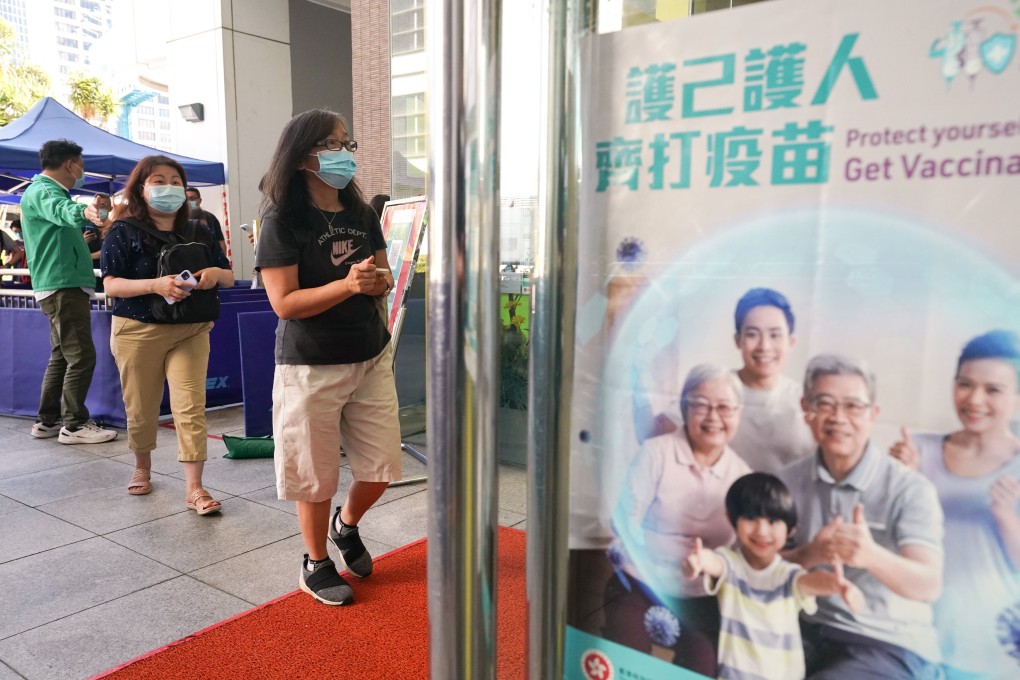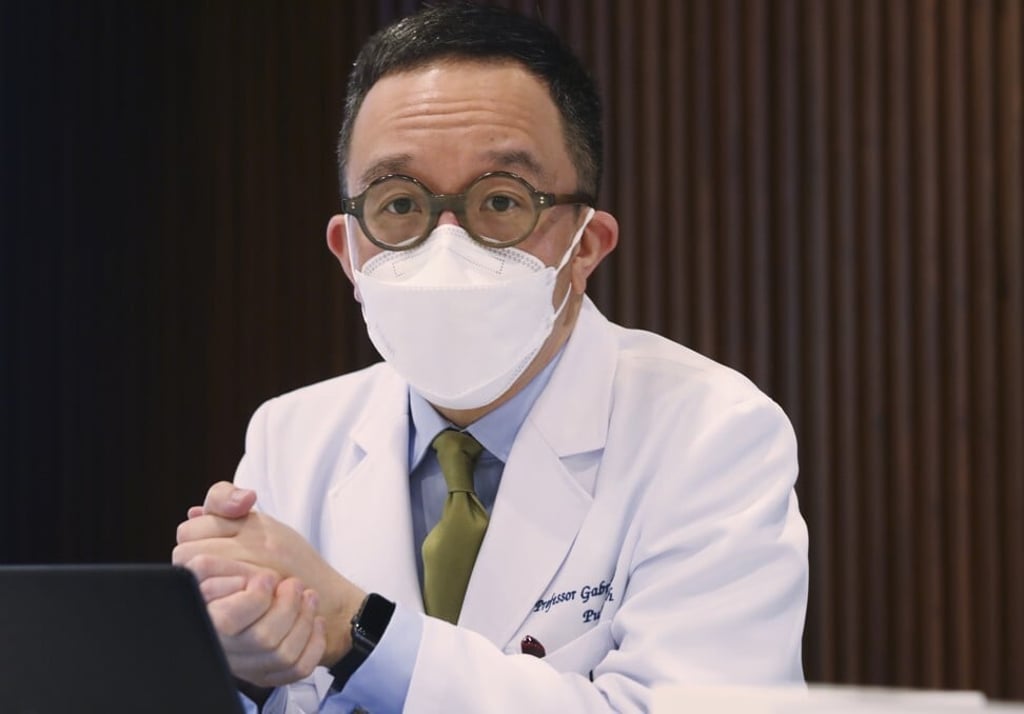Advertisement
Coronavirus: Hong Kong could hit 70 per cent vaccination by October, but that still won’t be enough for life to return to normal, says top adviser
- Professor Gabriel Leung says even though city is on track to vaccinate half of the population by next month, that will not be enough
- Protecting elderly has to be focus and only 5 per cent of care home residents have been jabbed
Reading Time:4 minutes
Why you can trust SCMP
99+

Hong Kong could inoculate 70 per cent of its population with at least one shot of a Covid-19 vaccine by October under the current daily rate of 30,000 doses, but this alone would not be enough to return the city to normalcy or allow it to reopen its borders, a top government health adviser said.
Speaking to the Post, Gabriel Leung, dean of the University of Hong Kong’s faculty of medicine, said the key was to raise the vaccination coverage of vulnerable groups such as residents of homes for the elderly to at least 80 per cent.
Short of achieving that, Hong Kong would not be ready to change its strategy from total elimination to a more relaxed one where people could “live with the virus” with fewer social restrictions, he said.
Advertisement

Leung, who advises the government on its coronavirus strategy, estimated the city could achieve that goal but not until mid-2022.
Advertisement
“That will be our medium- to long-term strategy. In the short term, the priority is to protect our vulnerable groups, particularly from the Delta variant,” he said.
Advertisement
Select Voice
Select Speed
1.00x